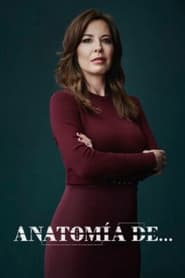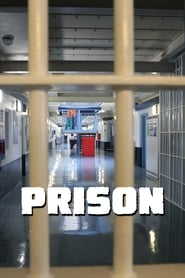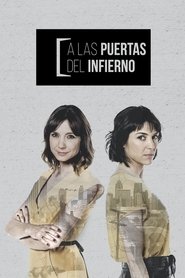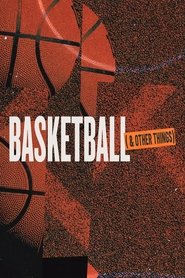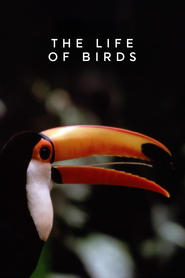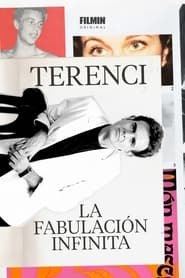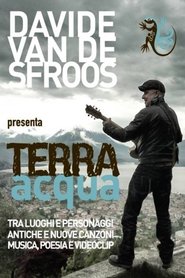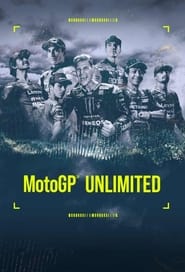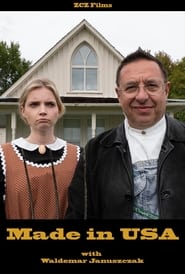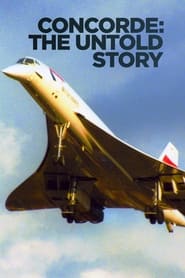Documentary TV Series - Page 442
-
Anatomía de...
2023
-
Prison
2018
Prison
2018
star 10With exclusive access to HMP Durham, this series offers a rare insight into the challenges that prison staff face daily. Filmed over seven months, Prison tells the human story on both sides of the door, from the perspectives of staff and prisoners, and reveals the issues that they all face. -
Im Busch von Mexiko
1967
Im Busch von Mexiko
1967
-
Meet the Sloths
2013
Meet the Sloths
2013
star 10Meet The Sloths follows a year in the life of five slow-moving residents of the Aviarios Sloth Sanctuary in Costa Rica, a sanctuary dedicated to saving orphaned or injured sloths. Filmmaker Lucy Cooke headed to the sanctuary to follow the stories of these loveable and unique creatures. And, apart from filming adorable videos – including one that’s got two million hits on YouTube – she has captured a unique insight into these very secretive animals. The stories demonstrate the difficulty in caring for sloths, and stories include: baby sloth twins fighting for survival, an injured and sexually frustrated ex-lothario sloth called, naturally, Randy and at the oldest living sloth in captivity that has lived to the ripe old age of 20-years-old. Over a year in their company Lucy watches as an unlikely soap opera of love, loss and lust develops and learns first hand that although slow on their feet, a sloths life is anything but slothful. -
Basketball and Other Things
2022
star 6Asking life's tough questions to one of the greatest collections of basketball wisdom ever assembled. Basketball stars share how basketball taught them about life. -
The Life of Birds
1998
The Life of Birds
1998
star 8In the documentary series produced by the BBC, The Life of Birds, Sir David Attenborough unveils a new investigation into the behaviour of birds, perfectly adapted animals that conquer the air. This ten-part series reveals the secret of the birds' great success, their remarkable strategies for finding food, their complex social systems, and their ingenious and often bizarre ways of mating and breeding. From the high speed of large airborne hunters to long distance migrations or the bright colors of nectar feeding hummingbirds, this is the ultimate bird series that every ornithologist should not miss. -
Ana Bidaoui
2023
Ana Bidaoui
2023
Through interviews with historians, architects, archaeologists and local organizations, this documentary series describes the history of Casablanca, from its origins to the present day. -
Terenci: La fabulación infinita
2023
The definitive documentary on one of the most relevant and popular figures of literature and television in Spain in the second half of the 20th century: Terenci Moix. -
Terra&Acqua
2014
-
One Night Song
2016
One Night Song
2016
-
Keep It In The Family
2009
Looking at family businesses where the next generation of the family is unwilling to take over. Parents show their children how to run the business and see what happens when they are left in charge. -
MotoGP Unlimited
2022
MotoGP Unlimited
2022
star 7.5The eight-episode series, filmed by The Mediapro Studio during the 2021 MotoGP™ season, followed the riders on and off the track. It features the stars during some spectacular highs, as well as some of the more difficult moments a MotoGP™ rider faces when dedicating your life to such a demanding sport. -
Hidden India
2015
Hidden India
2015
star 8.5'Hidden India' is a 3 part BBC series bringing out the unexplored side of natural India to the outside world, with each episode covering various facets of India like its rivers, mountains and vibrant wildlife. -
Food Feuds
2010
Food Feuds
2010
Food Feuds is a weekly series hosted by Iron Chef Michael Symon that premiered on Food Network October 10, 2010. The show features food rivalries or "feuds" between local restaurants in cities around the United States. -
Big Sky, Big Dreams, Big Art: Made in the USA
2018
A history of American art with Waldemar Januszczak -
Concorde: The Untold Story
2023
star 8CONCORDE: THE UNTOLD STORY is a two-episode documentary that goes inside the race to build the first supersonic airliner at the height of the Cold War, with Europe's Concorde racing against the Soviet TU144 and the American Boeing 2707. The two-parter unearths a tale of espionage and national prestige as the British and French battled their counterparts, while examining the technical challenges in the battle for supersonic passenger jet supremacy. They all ultimately end in failure. -
今日说法
0000
今日说法
0000
